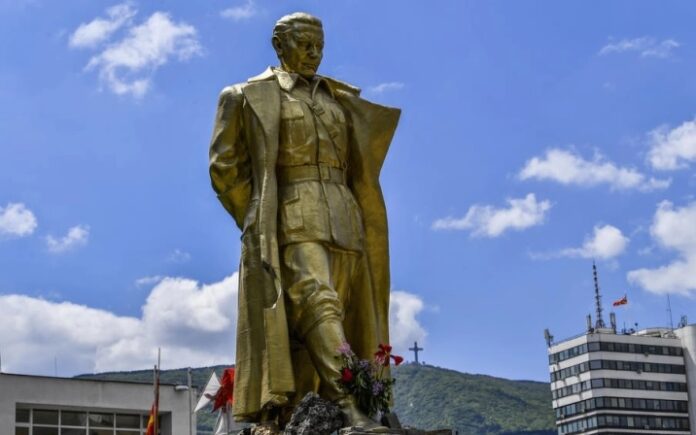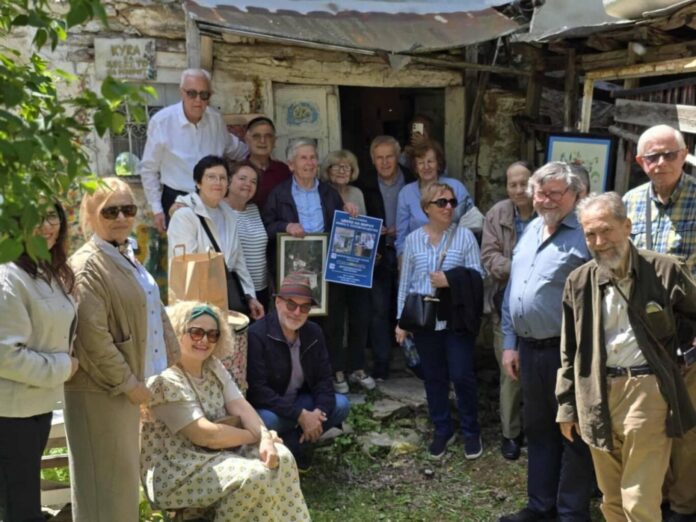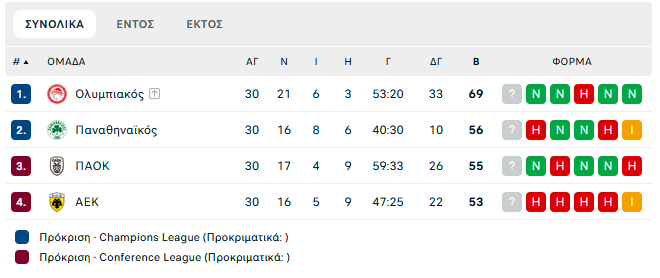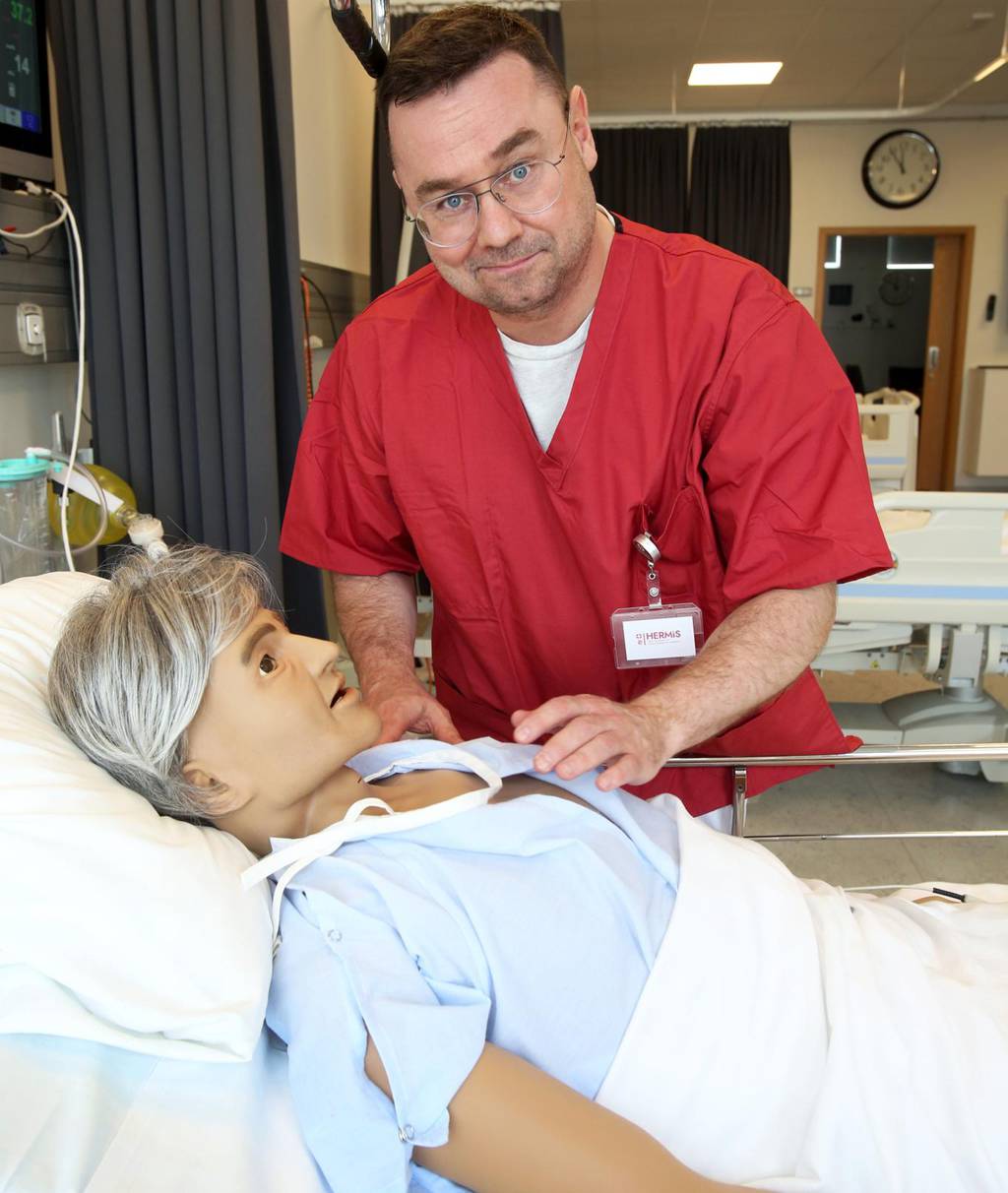For the Corridor Railway 8 sent over 15 correspondence to the Bulgarian side, and the answer – no
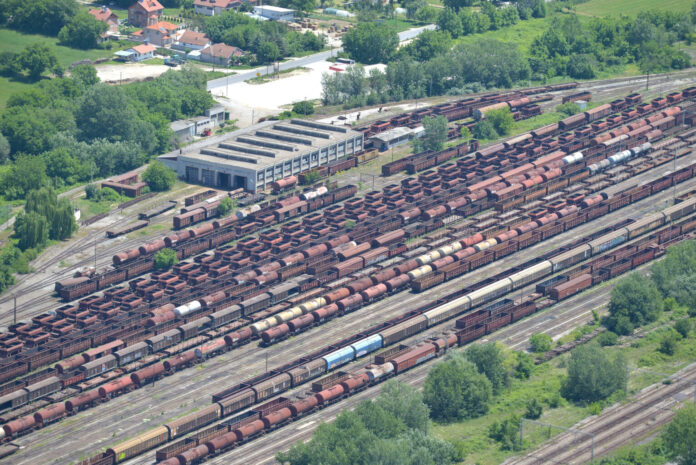
Integrating rail networks from the region will not only improve the efficiency of transport systems, but it will affect the economies of countries in the region. Further, modernization of rail transport will not only reduce costs but also have a positive impact on the environment. With coordinated (cross -border), joint infrastructure projects, and especially on the railway lines along the corridors, as well as modernization of railways, transport networks are more sustainable, economies get impetus for development, societies are becoming more prosperous, and our interlocutors are getting closer,
Regional rail connection, impact on the Macedonian national economy and the impact of the development of economies in the region
The acceleration of trains in Macedonia, as well as the construction of the railway line to Bulgaria and Albania, along the Corridor Eight, are again in the public’s focus these days. After the overflow between our Minister of Transport and the authorities of neighboring Bulgaria to the construction of this railway, Prime Minister Christian Mickoski also emerged.
– For me incomprehensible reasons, on the other side (on the borders) there are brakes for the construction of the railway along the Corridor eight. There is no interest in building this railroad, although at the NATO Summit in Washington last year, along with the Minister of Transport, signed the agreement, which represents
NATO’s priority, which is essence for NATO’s south wing, for supply, and most of the railroad is in Bulgaria.
But there is also an initiative and a clear message and commitment to our western neighbor, although they have signed this agreement.
The essence is to connect the corridor to function from Varna to Durres, to be used for cargo transport, it is not the essence to connect Kriva Palanka with Skopje with Railway. It is unclear why they do not want and do not take steps, as both sides have directed their forces to other sections of the railway infrastructure in their countries – the prime minister said in a television appearance.
However, although initially announced a cessation of construction of this railroad and delays (« on the other side of the border »), Transport Minister Aleksandar Nikolovski, under whose responsibilities are the railways, « singled out the performance of capital investments in rail transport, and urged that one.
– We have a strong investment cycle that comes within the budget. These are Corridor 8 and 10D projects we are working with Bechtel and Enka. Here are the projects on the « Rail », where we have shown one phase, we are working on the second and if we agree with Bulgaria, we will work the third phase. Here is the highway Kicevo-Ohrid, where I expect to release the first 40km in the end of July, and to finish it next year, and that is one part-emphasized Nikoloski.
Where is the brake?
As for the railroad to Bulgaria, the minister points out that over 15 correspondence has been sent to the Bulgarian side and has no response.
– It is obvious that Bulgaria does not want to build the railway, even though they speculate. The very fact that we avoid meeting, many talks about the fate of the project – says the Deputy Prime Minister, adding that Macedonia is firmly committed to upgrading Corridor 8.
He added that it seems that Bulgaria does not want to build because it has shown frivolity after calls for meetings and the fact that it has canceled the project for reconstruction of the Sofia-Pinnik railway.
– The solution is very simple. There is speculation about why so, but I don’t want to make speculation because it would be frivolous. It is fair to see you and tell us. So I repeat, if the Bulgarian side wants to build a railway, the track will have and will build. What are the works, what are the words? Words are such provocative statements by the Bulgarian side, and it is that Sofia-Point will not be reconstructed, because the money will be removed and invested in Sofia-Burgas, and Macedonia is currently the only country to build a rail on Corridor 8. Neither Albania builds nor Bulgaria. We are currently in operation in January part of the track, now we are building the second part. Bulgaria does not build anything, Albania does not build anything. Unfortunately, I say unfortunately, because it is in our interest to end. We need a track to Sofia and the Black Sea, which unfortunately is not currently – said Deputy Prime Minister Nikoloski.
Neither Corridor 10 is in a shiny state
However, another problem that is characteristic of the domestic rail on Corridor 10 is the controversy of trains and poor use. Corridor 10 is also an important railway route, which connects us to the Thessaloniki port, but along this route is driving slowly, due to irregular maintenance of the railroads.
It is now aimed at speeding up the trains and some reconstruction measures are being taken, but the dilemma remains whether that will be enough, as this is not the first reconstruction of the railways and is not the first promise of the authorities, although it is now a new set, that the situation will improve.
-Trains traveling on Corridor 10 to travel 160 kilometers per hour, while cargo drivers will range from 110 kilometers per hour. Investment is planned for reconstruction and new purchases. Along with half a billion euros of road investments, as well as reconstruction or construction of multiple hospitals and reconstruction of Corridor 10 railways are investments of 5 to 6 billion euros. These are investments that will revive the economy – the prime minister said.
However, despite the previous numerous announcements of the track overhaul along Corridor 10, which will accelerate the movement of these railroads, the deadlines for their performance and raising the maximum speed of trains remains only a desire.
Without the investments in the railroads, the Railway Corridor 10 will not be able to be competitive with regard to the highway, nor in terms of Corridor 4 competing 4, which passes through Bulgaria and Romania, in the transportation of goods and passengers from Greece to the countries of the former Yugoslavia and Central Europe.
Another pain for Corridor 10
Unlike the interest in Corridor 8, which must go through Macedonia, for a long time for Corridor 10 (north-south) in Sofia, political and expert proposals have been discussed for a long time such as « to make a railway, but also a road alternative to Corridor 10 » (Athens-Skopje-Belgrade-Budima).
Namely, in addition to existing alternative infrastructure plans for the Greece-Bulgaria-Romania railway corridor, now, for some political reasons, the information on some north-south is being brought about « variants for a competitive highway alternative through Bulgaria. » That alternative would include « Highway from Struma to Sofia, with a continuation of a tunnel through Petrohan, Montana and Vidin (Bulgaria) to Arad (Romania) and Budapest (Hungary) ». In support of this plan, the information was also rumored that « by joining Bulgaria and Romania in Schengen, but also with the interests of these countries to take on their territory much of the traffic from and to Central Europe », such an alternative would be more convenient for the EU.
« It would be another low blow for Macedonia by Brussels, including a blow from Sofia, » our interlocutors say, although they interpret the move as a kind of « associated European pressure on Skopje to make it easier for the French proposal or the Bulgarian minority to become part of our Macedonian constitution, » ER
Reduced transportation of goods and passengers
« Nova Makedonija » has previously analyzed how many passengers and how many tons of goods are being transported along the railroads and how much we have lost in the past five years. Figures by the State Statistical Office reveal striking losses.
In just ten years the transportation of goods is not only reduced but it can be freely said to be decimated. Namely, in 2013 over two million tonnes of goods or 2,282,837 tonnes were transported through the Macedonian railroads. The year before, ie in 2012, 2,538,879 tonnes of goods were transported.
In 2023 only 817,000 tonnes of goods were transported.
The situation is not even better when it comes to passenger transportation. And here the figures declined a significant decline, which is certainly the result of passenger discontent. The trains are less and less, the defects are frequent, so citizens often get stuck along the railroads and stay stuck, so they travel to the desired destination even five hours more than anticipated.
To illustrate, the trains in 2012 transported over a million passengers, already in 2013 their number dropped to 842,000 passengers. In 2015 there was a return to the passengers, and more than one million citizens were transported, but then the « collapse » of the transport of passengers with railways began.
Last year, the trains were used by only 280,000 passengers.


